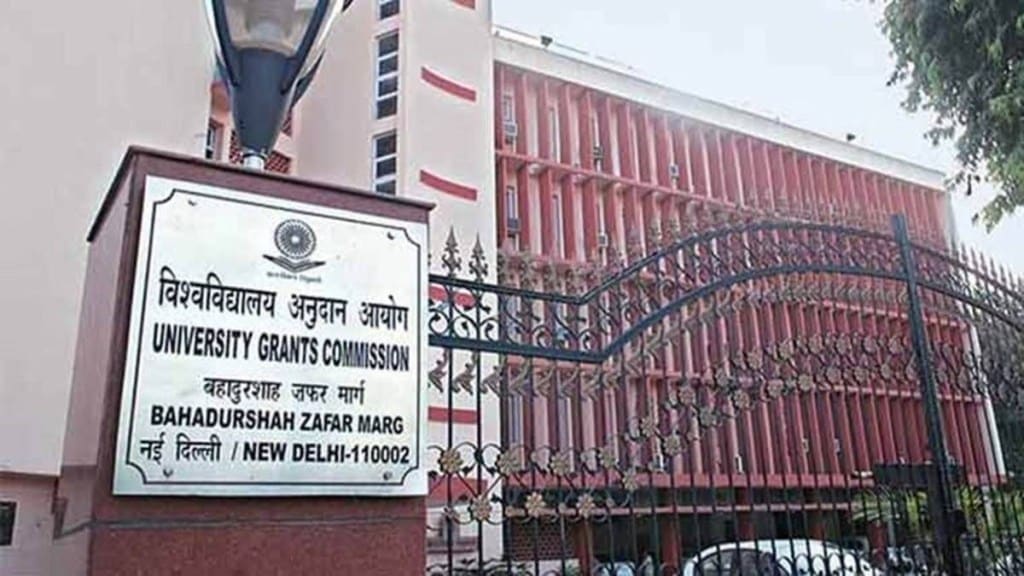Revised University Grants Commission (UGC) norms now allow autonomous colleges to exceed the 10% limit of contractual faculty in relation to total sanctioned faculty positions. Additionally, affiliated and constituent colleges have the option to directly seek academic and administrative autonomy from the UGC without requiring approval from the parent university, and can do so at any point during the year, according to an official statement.
The UGC (Conferment of Autonomous Status upon Colleges and Measures for Maintenance of Standards in Autonomous Colleges) Regulations, 2023 have been announced by the commission. These updated guidelines supersede the previous set of regulations that were introduced in 2018, and have been modified to conform to the National Education Policy (NEP) 2020. In October of last year, a preliminary version of the revised guidelines was released to the public, the statement mentioned.
While the 2018 guidelines said “the number of contractual faculty in an autonomous college should not be more than 10% of the total number of sanctioned faculty positions in the college”, the revised guidelines stated that “all recruitments of teaching faculty/principal shall be made by the Governing Body/state government as applicable in accordance with the policies laid down by the UGC and State Government from time to time”.
According to the revised norms, colleges are no longer required to submit their applications for autonomous status through their parent university. However, the universities will be given 30 days to review the application received on the UGC portal and provide their recommendations, along with justification or reasons, on the UGC portal. If the parent university fails to respond on the UGC portal within 30 working days, it will be assumed that the university has no objection to the UGC processing the application for autonomous status, the statement noted.
Colleges that attain autonomous status will have the freedom to create their own syllabi, restructure courses, and establish their own admission rules. They will also be able to offer certificate or diploma courses without seeking prior approval from the parent university. Additionally, with the approval of the academic council, autonomous colleges can offer undergraduate and postgraduate degree programs as well as PhD programmes, as per the statement.
The grant of autonomous status will be determined by the accreditation and assessment scores of the institutions. To be eligible for autonomous status, a college must be accredited by either the National Assessment and Accreditation Council (NAAC) with a minimum grade of ‘A’ and a score of 3.01 or above, or by the National Board of Accreditation (NBA) for at least three programs with a minimum individual score of 675. According to the guidelines, the accreditation status must be valid for at least one year at the time of application submission. Once granted, autonomous status will be valid for an initial period of 10 years, it added.
With inputs from PTI.

